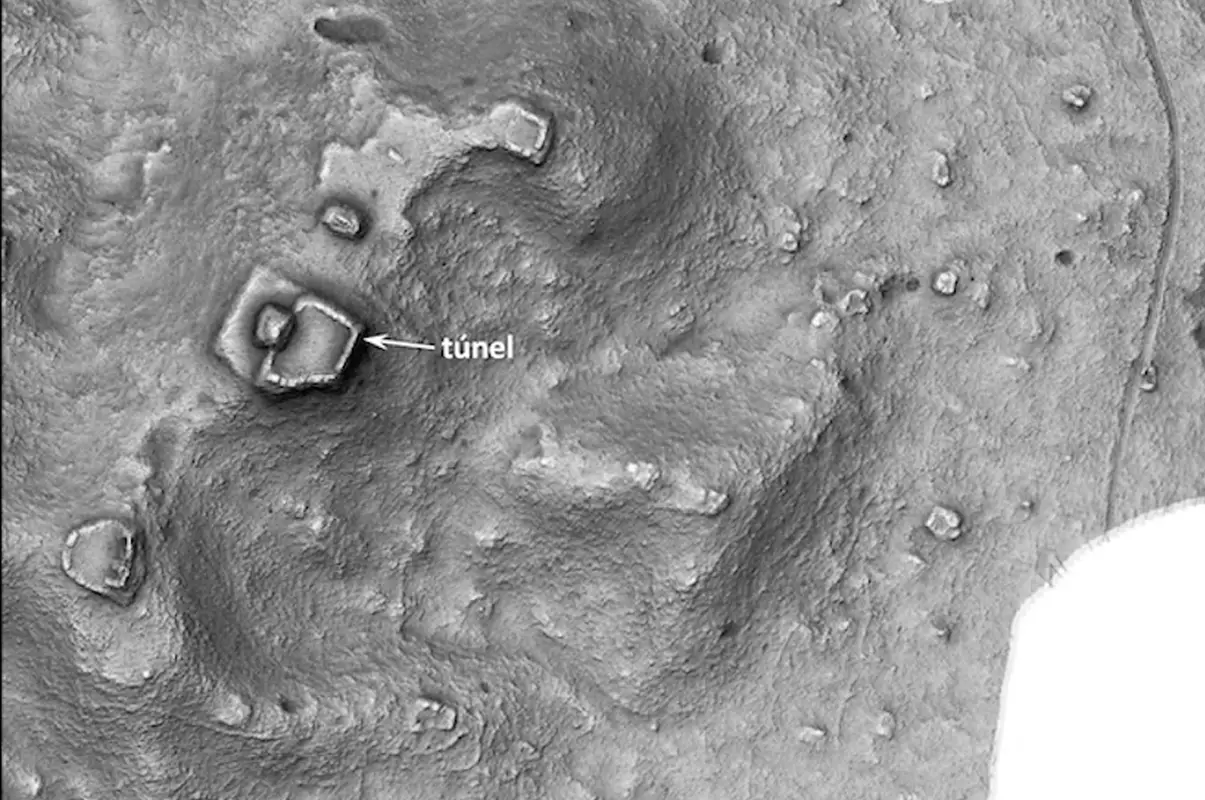Archaeologists from the National Institute of Anthropology and History (INAH) have identified ancient settlements in the forests of Campeche using LiDAR.
Light Detection and Ranging (LiDAR), is a method of remote sensing using light in the form of a pulsed laser to measure ranges (variable distances) to the Earth. The differences in the laser return times and wavelengths can be used to compile a 3-D digital map of the landscape.
As part of the project “Expanding the archaeological panorama of the central Mayan Lowlands”, archaeologists prospected a forest in the Mexican municipality of Calakmul, revealing modest size settlements beneath the forest canopy.
According to the researchers, the area is not favourable for agriculture, contributing to a low density of occupation and a lack of cultivated terraces or canals.
A physical exploration of the sites has shown there to be very few standing walls or architectural decoration, with preliminary dating suggesting that the settlements date from the Late and Terminal Classic periods (AD 600-1000).
Despite the lack of any major urban centres, the LiDAR survey has identified evidence of levelling, a plaza, and a pyramidal construction in a settlement first discovered during the 1990’s (header image). Outside this complex, near its northeast corner, a canal was also observed in the survey that drained the water accumulated in the plaza.
Another site investigated in the survey is a civic-ceremonial centre with buildings that stand up to 13 metres in height. In the eastern sector of this settlement is evidence of a ball court and a substructure possibly from the Early Classic period (AD 200-600).
Header Image Credit : Žiga Kokalj
Sources : National Institute of Anthropology and History





